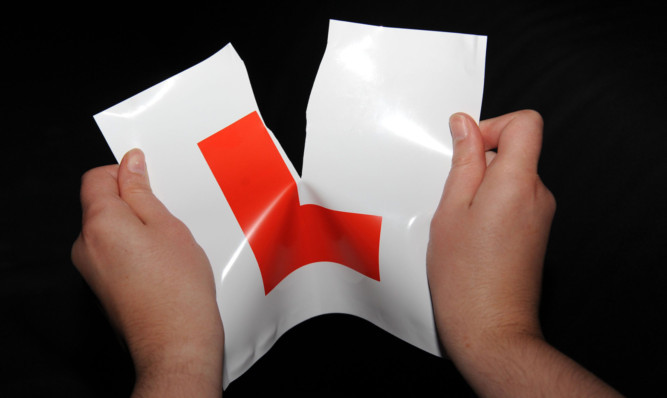Many young motorists feel driving lessons are failing to prepare them for life on the road, according to a survey.
As many as 29% of drivers aged 18-30 said they were unprepared to drive alone when they passed their test, the survey by Co-operative Insurance found.
Also, 24% said an accident they had could have been prevented if they had spent more time learning to drive, with 62% in favour of a minimum learning period being introduced.
Based on responses from 2,000 drivers aged 18-30, the poll also showed that 21% avoided motorways after passing their test, while 14% considered themselves to be “unprepared” to drive at all.
In addition, 29% felt they were not ready for night driving, 21% considered driving lessons did not prepare them to drive with passengers, 19% avoided city centres, 14% could not face driving in the rain and 8% avoided right turns.
A total of 18% passed their driving test after spending three months or less learning to drive and 50% took six months or less to pass.
James Hillon, director of general insurance at Co-operative Insurance, said: “A lot of public debate is taking place on how safety can be improved and insurance premiums cut for young drivers, but the views of young motorists themselves are rarely heard.
“Far from being the stereotypical image of the ‘boy-racer’, this study shows that many are not confident to face everyday situations on Britain’s roads in the early years, despite months of lessons.”
